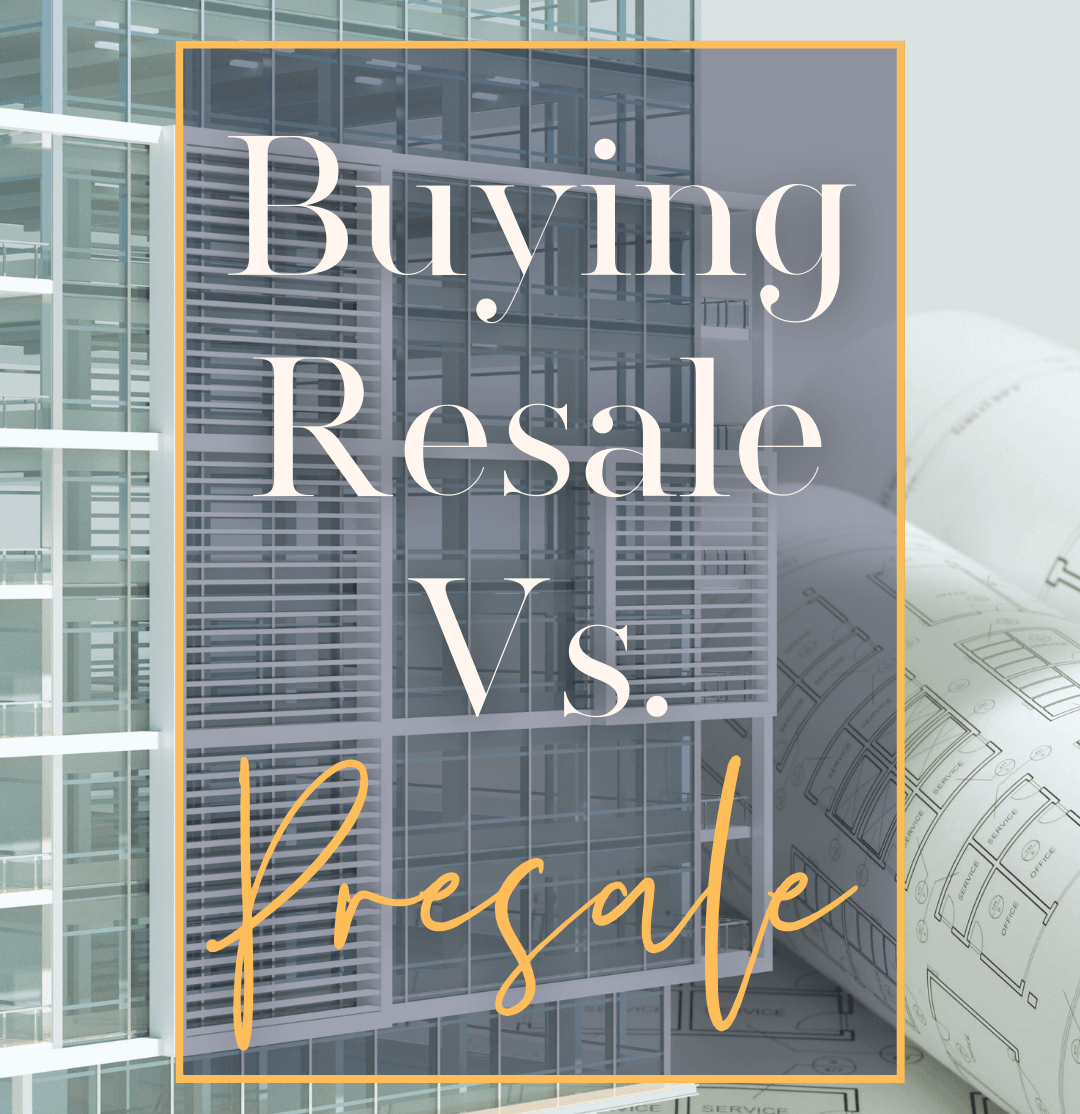Understanding Strata Fees in New Developments: What You Need to Know
Understanding Strata Fees in Vancouver: What Every Condo or Townhouse Buyer Should Know
- Garbage Collection
- Building Insurance
- Gardening and Landscaping Maintenance
In essence, the operating fund ensures that your building remains in top-notch condition, preserving both aesthetics and functionality.
The Contingency Reserve Fund (CRF)
The CRF is your building's safety net, reserved for larger, often unforeseen expenses that go beyond everyday maintenance. These can include:
- Replacing the roof
- Upgrading the elevator
- Other significant capital expenditures
Having a well-funded CRF is critical as it prepares your strata corporation to handle major repairs and upgrades without needing to impose sudden, significant extra charges on the owners.
How Are Strata Fees Calculated?
Now that we understand what strata fees are used for, you might wonder how these fees are determined. The answer lies in the concept of "unit entitlement." This calculation is based on the size of your unit relative to others in the building. Simply put, the larger your unit, the higher your share of the strata fee. This method ensures a fair distribution of costs, proportional to the size of each owner's investment in the property.
Why Should You Care About Strata Fees?
Understanding and evaluating strata fees before purchasing your condo or townhouse is crucial. While they might seem like just another monthly expense, these fees are instrumental in ensuring your property remains a pleasant, safe, and valuable place to live. High or rapidly increasing strata fees can also impact the affordability and resale value of your unit, making it imperative to consider them as part of your overall budget and investment strategy.
In conclusion, when stepping into the world of strata living in Vancouver, taking the time to understand strata fees can significantly enhance your buying decision, helping ensure that your new home meets your expectations in every way. Happy house hunting!
Understanding Strata Fees in Vancouver's Condo and Townhouse Market
- Garbage Collection: Keeping the property clean and sanitary.
- Insurance: Protecting the building and its inhabitants.
- Gardening: Maintaining the aesthetic appeal and health of green spaces.
- Roof Replacements: Ensuring the building is leak-free and secure.
- Elevator Upgrades: Keeping vertical transportation safe and efficient.
- Other Capital Expenditures: Investing in long-term infrastructure improvements.
Understanding the Accelerated Completion Clause in Presale Contracts
Buying a presale property can be an exciting opportunity, but it's important to carefully review the contract before signing. One key clause to watch out for is the Accelerated Completion Clause, which can impact your ability to prepare financially for your home purchase.
What Is the Accelerated Completion Clause?
When reviewing a presale contract, you may come across a clause that states something like:
"The buyer acknowledges and agrees that the actual completion date may be accelerated before the estimated completion date."
This means that the developer has the right to move up the completion date, potentially requiring you to close on the property earlier than expected.
Why Is This Clause a Problem?
If the completion date is accelerated:
- You may not have enough time to secure financing
- Your mortgage rate hold could expire, forcing you into a higher interest rate
- You might need to arrange your down payment and closing costs sooner than planned
For buyers relying on pre-approved financing, this can be a serious issue. If you're unable to close on time, you risk losing your deposit and facing legal consequences.
What Should You Do?
- Work with an experienced realtor – A knowledgeable agent will carefully review your presale contract and flag any concerning clauses.
- Cross out this clause – You (or your realtor) should request that the developer remove or modify this clause before signing.
- Ensure your financing is flexible – Speak with your mortgage broker about options that accommodate possible changes to the completion date.
Final Thoughts
Developers include this clause to allow flexibility in their timelines, but as a buyer, you should protect yourself from unnecessary risks. By working with a qualified realtor and carefully reviewing the contract, you can avoid unexpected surprises and confidently move forward with your presale purchase.
Thinking about buying a presale home? Let’s connect and ensure you’re making the best investment decision!
Understanding the Price Index Clause in Presale Contracts: A Realtor's Guide
Understanding the Rescission Period in Vancouver's Real Estate Market
Unlock Peace of Mind: The Essential Guide to New Home Warranty in BC
- 2 Years on Labor and Materials: This coverage relates to the craftsmanship of your new home, including labor and materials. Should any defects arise within two years of possession, rest assured, you’re covered. The magnificence lies in the detail that even defects found within the home up to 15 months and in common areas are safeguarded under this warranty.
- 5 Years on the Building Envelope: Yes, and this unequivocally includes protection against water penetration—an essential safeguard given BC’s rainy climate. The building envelope acts as a shield, protecting your home from the elements, and ensuring it remains a fortress against water ingress is critical.
- 10 Years on Structural Defects: The backbone of your home, its structural integrity, is protected for a decade. This long-term peace of mind ensures that the primary elements keeping your home standing are secure, promoting not just safety but also investment stability.
Covering the Essentials and Beyond
One of the standout features of this warranty is its comprehensive coverage, extending beyond mere walls. The two-year warranty elegantly covers defects in materials and/or labor, including distribution systems—think electrical, plumbing, and air conditioning—ensuring your home operates flawlessly.
Why This Matters
For homebuyers, the importance of the 2-5-10 warranty cannot be overstated. It represents not just protection against potential defects, but it's a symbol of the quality assurance and trust placed in developers and builders. The warranty serves as a testament to the standards maintained in constructing your home, offering you peace of mind and confidence in your investment.
Wrapping Up
Navigating through the homeownership journey in BC, the 2-5-10 warranty is your safeguard against the unexpected, assuring that your new home is more than just an asset—it's a secure, well-protected haven. By understanding and utilizing this warranty, homeowners can enjoy their new living spaces with an added layer of security, knowing that their most significant investment is well-protected.
Remember, owning a new property is just the beginning. Ensuring it remains in prime condition and securing your investment against unforeseen defects is paramount. The 2-5-10 home warranty insurance offers that security, making it a crucial ally in the homeownership journey.
Unlock the World of Real Estate Investing with REITs - Real Estate Investment Trusts

- Diversification: REITs provide an excellent method to diversify your investment portfolio, reducing risk and increasing potential returns.
- Passive Income: Earn regular dividends, as REITs generate income from rental properties, commercial spaces, and other real estate assets.
- Professional Management: With REITs, you can enjoy the benefits of real estate investing without the hassle of property management, as experienced professionals handle it for you.
Unlocking the Secrets of Vancouver Real Estate: Why Presales Are the Ultimate Investment Option

Vancouver Buyers, Don't Sign That Presale Contract Before Reading This!
What Every Seller in Vancouver Must Know About the New Disclosure Requirement for Multiple Offers
- The names of the buyer’s agents’ brokerages
- The dates each offer was made